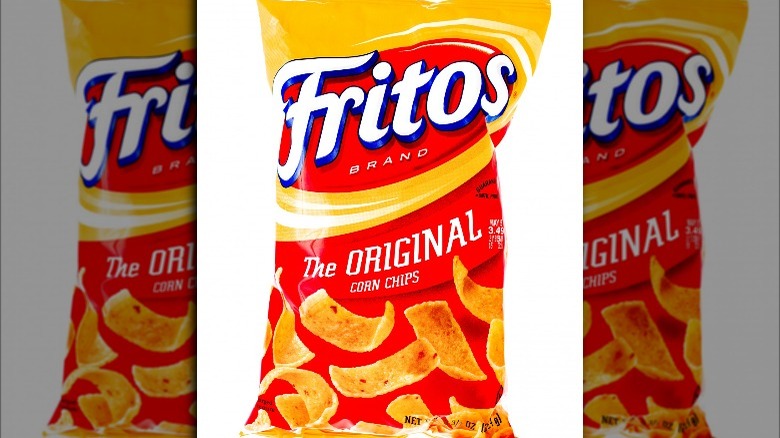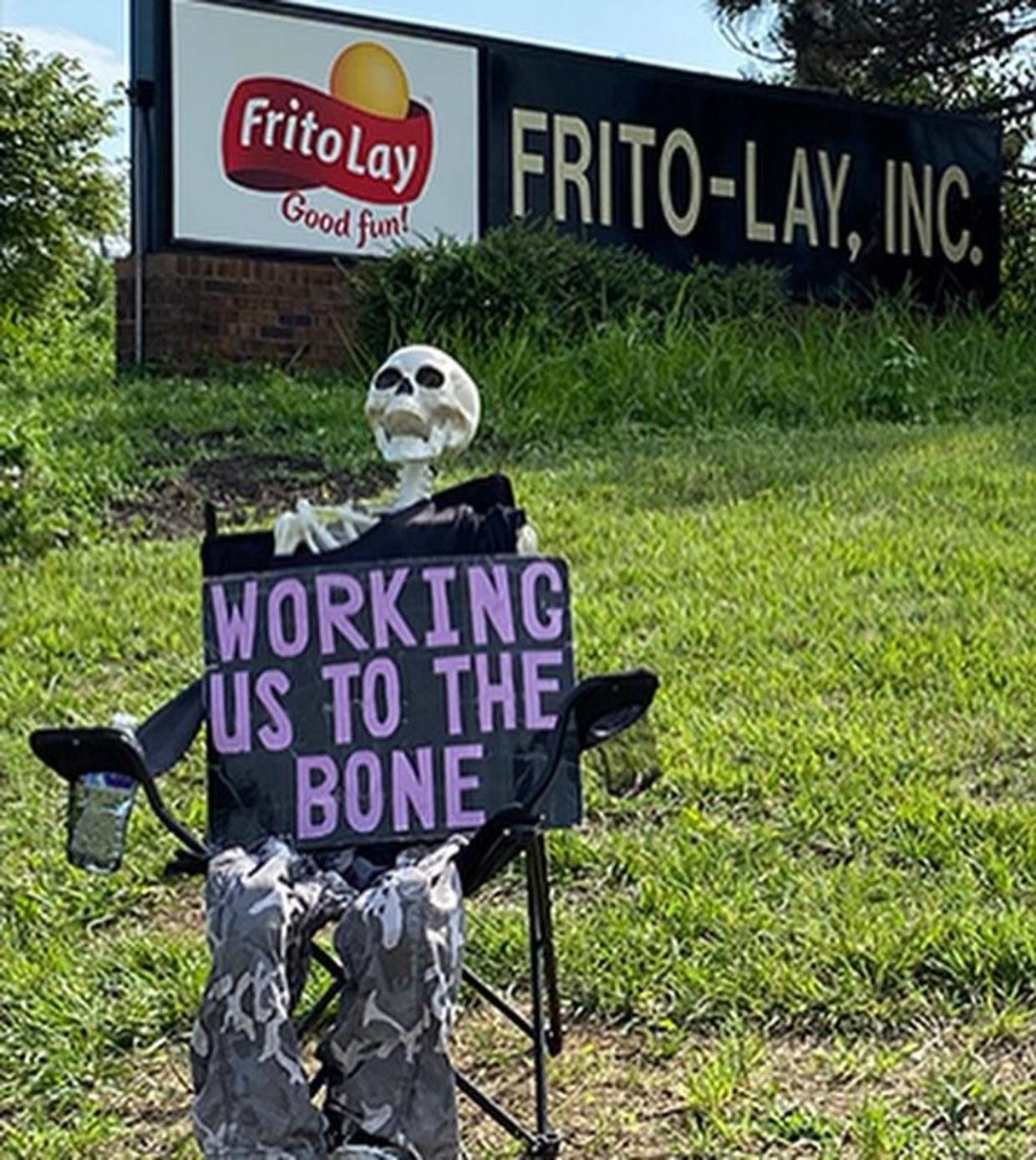

This resulted in many workers getting no days off for months at a time and the deterioration of their mental and physical health. Many workers reported that this policy led to their working at least 12 hours a day, seven days a week, for numerous weeks on end. Workers are coerced into “suicide shifts,” where they work 12 or more hours in back-to-back shifts with only eight hours or less of time off in between. Frito-Lay responded to news of the strike by calling the worker’s claims “grossly exaggerated.” Inhumane Treatment of Essential Workersįorced overtime was the main issue that workers and union leadership cited as the impetus for the strike. Additionally, the contract did not abolish the mandatory overtime policy or guarantee workers any days off. Although union leadership initially recommended the contract, the majority of rank-and-file workers rejected what they viewed as insufficient wage increases. The strike began on July 5, after BCTGM and Frito-Lay failed to negotiate their regular two-year contract. Workers are being treated as expendable by the company that claims to consider them “essential.” At the heart of this struggle is the callous and inhumane treatment of employees by the Frito-Lay Corporation (owned by PepsiCo, a multibillion-dollar monopoly), in the context of significantly increased pandemic production.

Workers at this facility are unionized through the Bakery, Confectionery, Tobacco Workers and Grain Millers’ International Union (BCTGM) Local 218. On July 5, hundreds of Frito-Lay factory workers at the company’s plant in Topeka, Kansas began a strike that ultimately lasted 19 days.


 0 kommentar(er)
0 kommentar(er)
